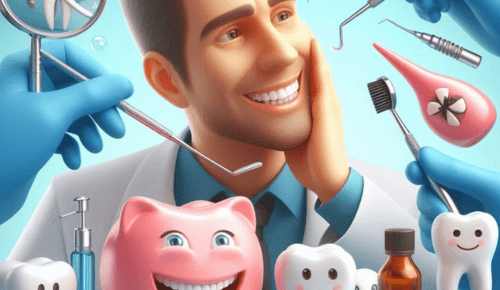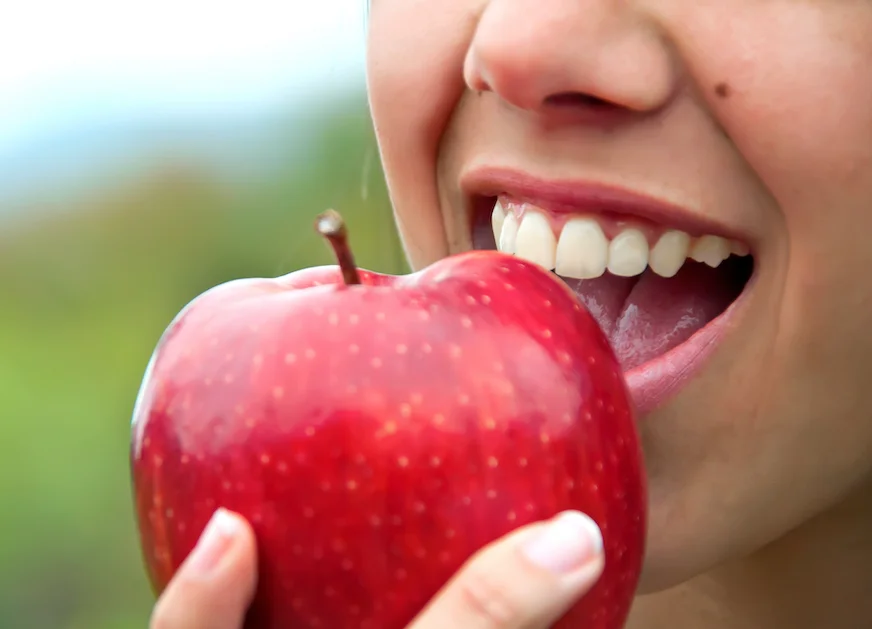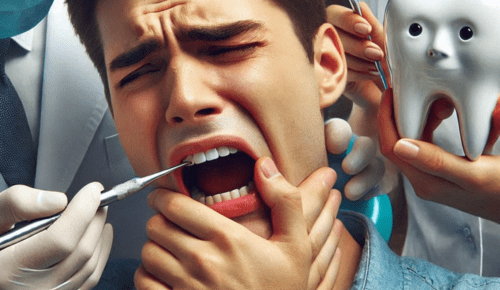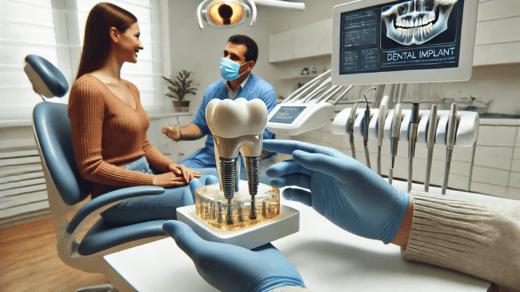Good oral health is important not only for maintaining a beautiful smile but also for enjoying your favorite food items. Californians love to feast on a variety of food items. Therefore, keeping your mouth healthy means you can truly taste and enjoy every bite. Did you know that oral health problems can make food taste different and ruin the experience for you?
Your mouth contains your taste buds and, thus, plays a major role in how you taste food. Your taste buds and sense of smell work together to bring out flavors. However, if you have oral health issues, like gum disease, cavities, and bad oral hygiene, it can significantly change your ability to taste. Dry mouth, bad breath, or tooth pain are also culprits.
If your oral health is not well, it can take away precious moments when you sit with your family to enjoy a good meal. That is why regular dental check-ups should be a part of your routine. A healthy mouth helps you enjoy food and life to the fullest. Visit a Rancho Cucamonga dental office to keep your taste buds functioning well.
The science of taste
Your ability to taste food comes with the help of taste buds, which are found on the surface of your tongue. When you eat something, your taste buds help you determine different flavors, such as sweet, sour, salty, bitter, and umami.
Taste buds are located in the bumps on your tongue, known as the papillae, which are of different types. While some papillae help you taste, some help with texture and feeling. When food enters your mouth, it is broken down during the chewing process and mixed with saliva. The chemicals then released from the food touch the taste buds in the papillae.
Other than taste buds, other parts of your mouth and the nose also help develop a sense of taste. For example, when you eat a piece of cake and smell the vanilla, the flavor experience is created by both the taste and the smell.
There are various factors that can influence taste. These include age, health condition, and personal experiences. Older people lose their taste buds, health conditions reduce their ability to smell, and people from different cultures prefer different flavors.
Common Oral Health Issues That Impact Taste
- Plaque and tartar buildup.
Plaque accumulates in your mouth when you do not clean your mouth well. Over time, this plaque turns into tartar, which is a harder form of the same thing. Plaque covers the surface of your tongue, and therefore, the taste buds no longer work well. You may not be able to taste your food strongly.
- Gum disease.
Gum disease is when bacteria in your mouth cause your gums to be swollen and cause pain. When you get gum disease, your gums become red and inflamed. This can make it harder for taste buds to send signals to your brain.
- Dry mouth.
Dry mouth, or xerostomia, is a condition where your mouth experiences a lack of saliva due to various reasons. When there is less saliva, the food you eat and chew does not dissolve well. Therefore, your ability to taste food reduces. Lack of saliva can also cause unpleasant odors.
- Oral infections.
Oral infections can also affect your ability to taste. Oral thrush, a fungal infection, can create a white later on the surface of your tongue and develop a bad taste. Other bacterial infections can also produce bad smells and discomfort. All of these factors make it harder to enjoy food.
Do not let oral health issues ruin your food experiences!
A bad oral health condition can affect your life in varying ways. To keep enjoying your favorite food items and maintain the quality of your life, visit your dentist for a check-up today!




